Mozambique: Confirmed mpox cases have fallen to 16 - AIM report
Mozambique: The Farm of Hope opens, in Tete’s former Zóbuè seminary
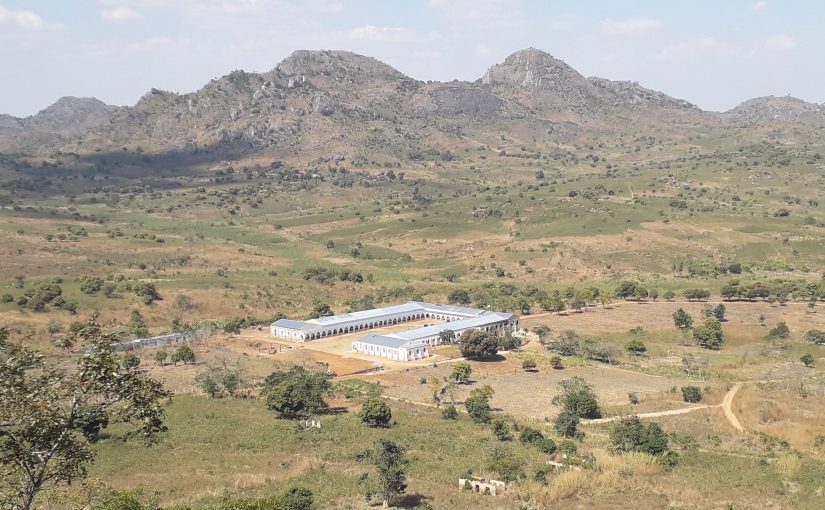
All photos: Courtesy of Diocese de Tete on Facebook
- The Farm of Hope [Fazenda da Esperança] is a therapeutic community that has been operating in the process of recovering people who are looking to release their addictions, especially alcohol and drugs.
- After more than two years of cleaning, rebuilding and repainting, the ruined building of the historic Zóbuè seminary has been returned to its original state.
Last Sunday, 15th of August, the Feast of the Assumption of Our Lady, the Fazenda da Esperança [ Farm of Hope] of São João de Brito was inaugurated in the former seminary of Zobuè, in the district of Moatize, Tete province.
After more than two years of cleaning, rebuilding and repainting, the ruined building has been returned to its original state.
The private celebration saw Holy Mass presided over by the Bishop of Tete, Dom Diamantino Antunes, in the presence of the founders of Fazenda da Esperança from Brazil, Friar Hans Stapel and Friar Nelson.
The Fazenda da Esperança is a Catholic therapeutic community founded in 1983 and dedicated to the recovery of young people from addiction to drugs and alcohol.
Fazenda da Esperança welcomes people between the ages of 18 and 59 who freely wish to recover from drugs, alcohol and other types of addictions. This involves entering into a 12-month educational process.
The rich history of Zobuè Seminary
Zobuè Seminary was an important educational institution created by the first Bishop of Beira, Dom Sebastião Soares de Resende, at a time when the Beira diocese included what is now the diocese of Tete, on the border with Malawi. Its objective was to train future diocesan priests for the central area of Mozambique.
The building is U-shaped, comprising the main central wing housing the rectory and training team, the left wing for classrooms and library, including the church, and the right wing for the cafeteria, bedrooms and toilets. A large building, 180 metres long and 12 metres wide, it comprises in total 2,160 square metres of covered surface.
Construction of the Zóbuè Seminary began on August 1, 1946, and lasted 15 years. When, on September 11, 1949, the first phase of construction was completed, Dom Sebastião Soares de Resende signed a decree creating the São João de Brito de Zóbuè Seminary. He entrusted its direction to the Missionary Society of the Fathers of Africa (the ‘White Fathers’), appointing Father Theodor Prein as rector.
The seminary was inaugurated on September 15, 1950, with Pope Pius XII designating as its protector, the great missionary Saint John de Brito. That same day the first students, 32 in number, entered the new building.
This first group included Domingos Ferrão, Manuel Mucauro and Mateus Pinho Gwenjere, who would be the first priests trained in the seminary to be ordained, in 1964.
It was soon seen that the facilities were insufficient for all the students who flocked to the seminary from the various missions in Zambézia, Sofala-Manica and Tete. It was necessary to continue the work and build two further wings.
On June 5, 1962, the solemn inauguration took place, under the presidency of Dom Sebastião Soares de Resende.
From August 1967, the Zobué Seminary was given over to the guidance of the Jesuit Fathers. The seminary then had 203 seminarians, spread over six grades. The first Jesuit rector to lead the seminar was Fr Alfredo Peixoto.
Between 1950 and 1975 the seminar was attended by 945 students, of which only 17 were ordained priests, among them seven bishops of Mozambique: Dom Jaime Pedro Gonçalves, Archbishop of Beira, Dom Bernardo Filipe Governo, Bishop of Quelimane, Dom Paulo Mandlate , Bishop of Tete, Francisco João Silota, Bishop of Chimoio, Dom Tomé Makhweliha, Archbishop of Nampula, Dom Francisco Chimoio, Archbishop of Maputo and Dom Manuel Changuira Machado, Bishop of Guruè.
Young people who attended the Seminary of Zobuè but who gave up priestly training took with them dignity, intellectual development and civic and religious education, becoming well-formed men.
With the independence of Mozambique, the Zóbuè seminary was nationalised and the building put to use as a teacher training college. In 1987, with the civil war, the building was abandoned by the Ministry of Education and entered a phase of decay and ruin that lasted 35 years.
In 2019, the Bishop of Tete, D. Diamantino Antunes, took up the initiative of rehabilitating the former seminary to house the Fazenda da Esperança de São João de Brito and the Diocesan Sanctuary of Tete, dedicated to Our Lady of the Conception.
About Fazenda da Esperança
Fazenda da Esperança is a therapeutic community that has been operating since 1983 in the process of recovering people who are looking to release their addictions, especially alcohol and drugs. Its method of reception includes three determining aspects: the Work as a pedagogical process; Coexistence in family; and the Spirituality to find the meaning of life.
The farm has its doors open in all Brazilian states to welcome men and women weakened by drug use, transforming pain into joy. The number of communities in the world has already exceeded one hundred structured units in countries in Asia, Africa, America and Europe, under continuous growth due to the globalization of the serious social problems that plague humanity.
People who identify with the charism of the Farm can find their vocation in the Church as part of the Hope Family – a Private Association of the Faithful, of an international character, recognized by the Pontifical Council for the Laity, whose mission is bring Hope, Jesus Christ, to the greatest number of young people worldwideaccording to the words of Pope Benedict XVI.
Fazenda da Esperança welcomes people between the ages of 18 and 59 who freely wish to recover from drugs, alcohol and many other types of addictions. It is necessary to enter into a 12-month educational process. Whoever intends to face this challenge takes the first step through a letter written in his own hand, showing the reasons for his desire to seek a new life. Those interested in a vacancy should send their request for help to the community closest to their residence.
Thus, it allows your relatives to visit you from the third month, when relationships are resumed, in order to overcome together the problems generated by drugs and alcohol. The candidate receives an explanation of the procedures and rules to be followed to recover in one of the Fazenda da Esperança communities. On the day of the interview, documents, medical examinations and sobriety are required. The welcoming is done by the local coordination team and depends mainly on the personal willingness and willingness to become a “new man”, demonstrated by the candidate.
The Fazenda’s great differential is to welcome pregnant women and mothers with their children, unlike other communities and recovery clinics. The female part considers it important that the mother has her children close by and does not distance herself during the period of 12 months. These women go through a path of accompaniment, where love transforms so many lives and the family gains an even greater meaning.


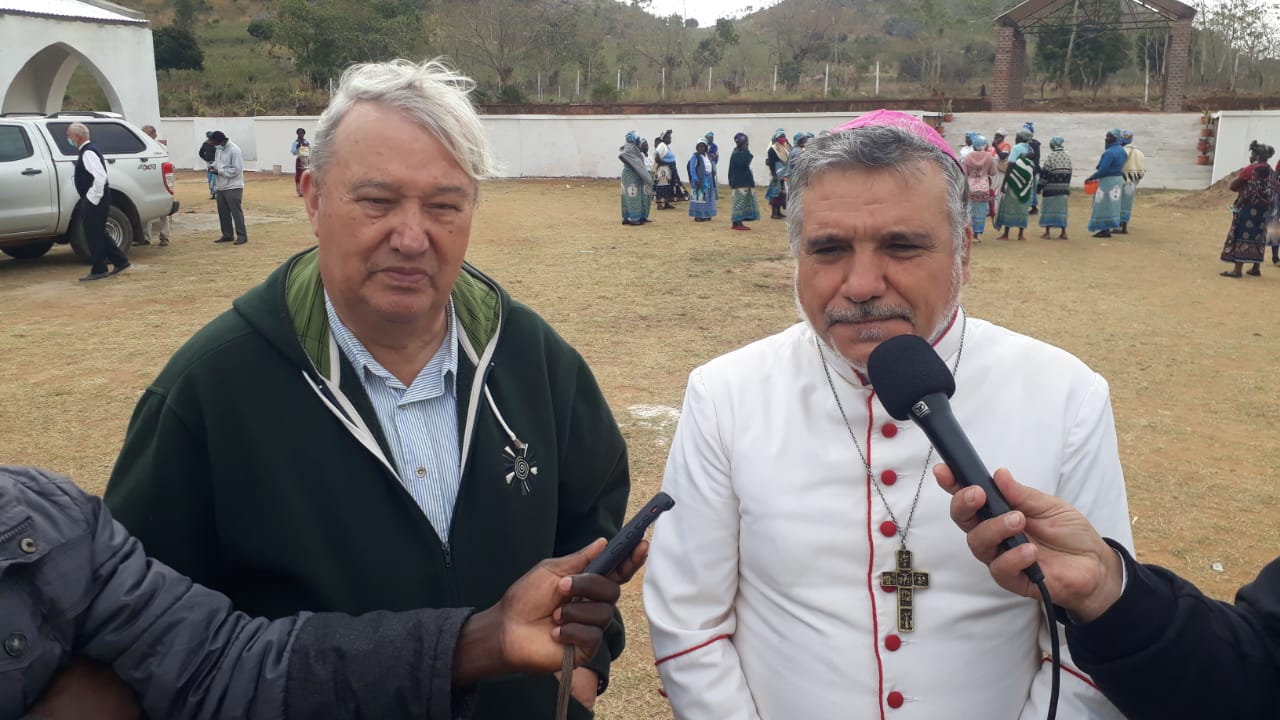
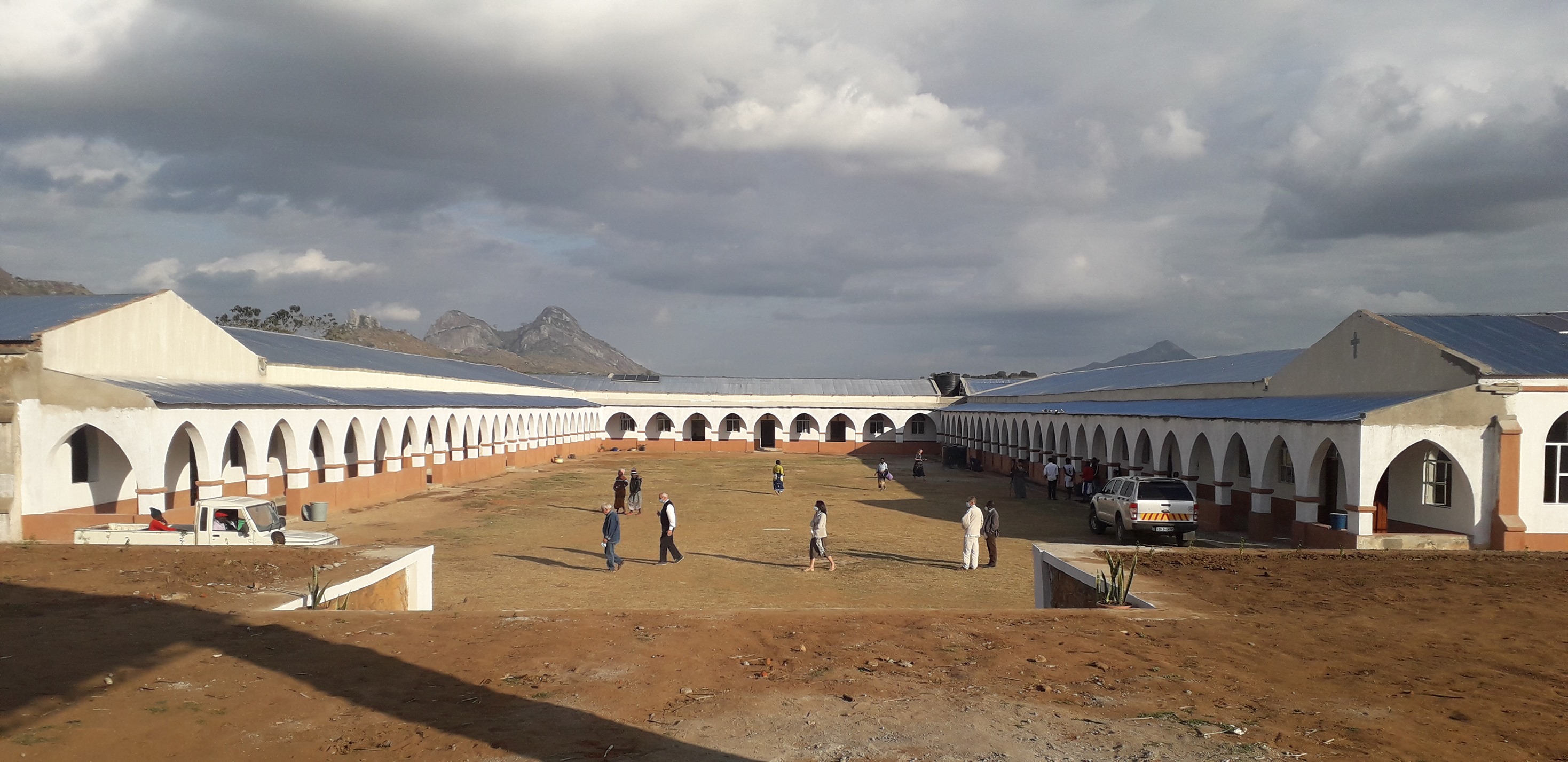
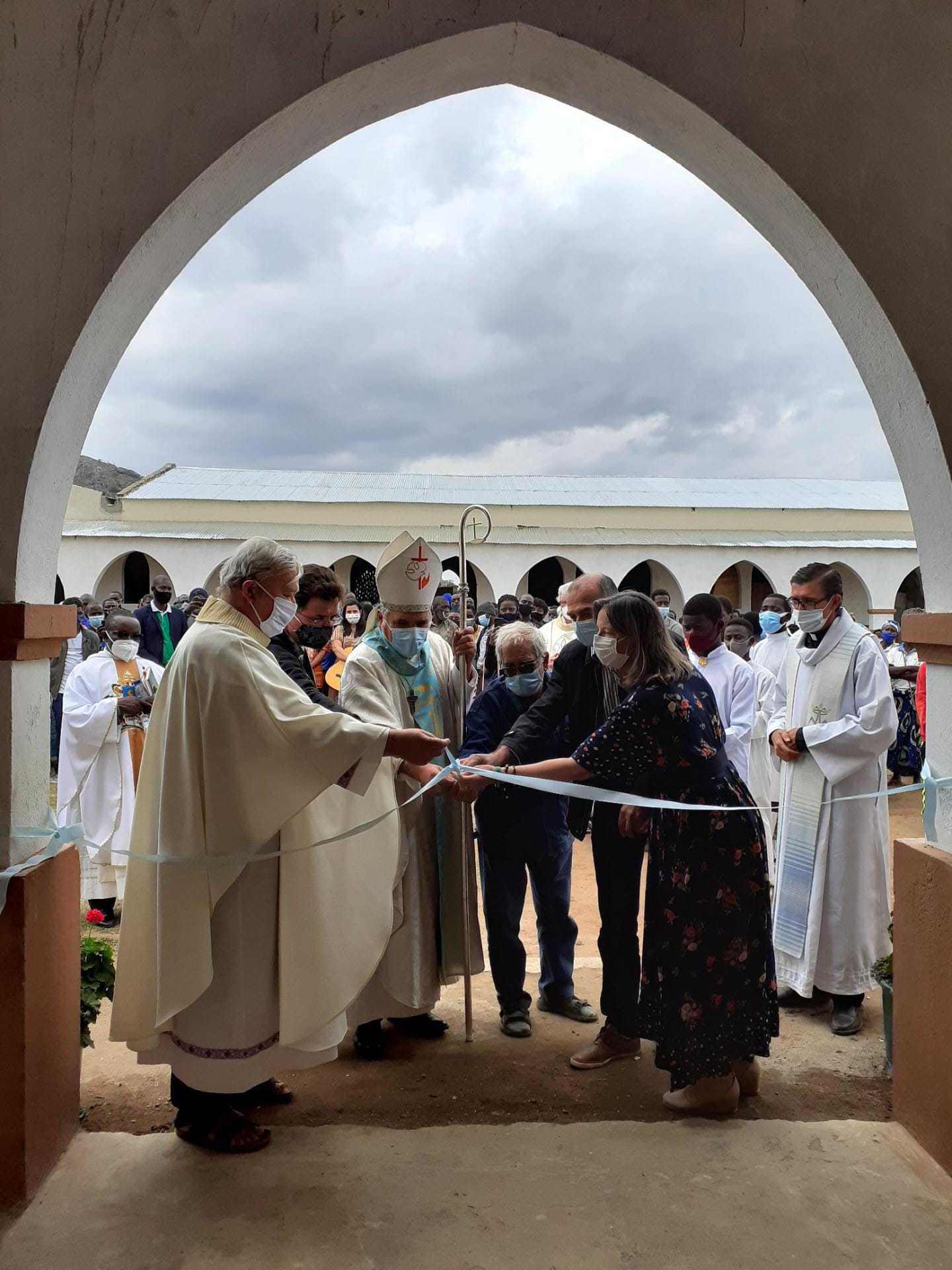
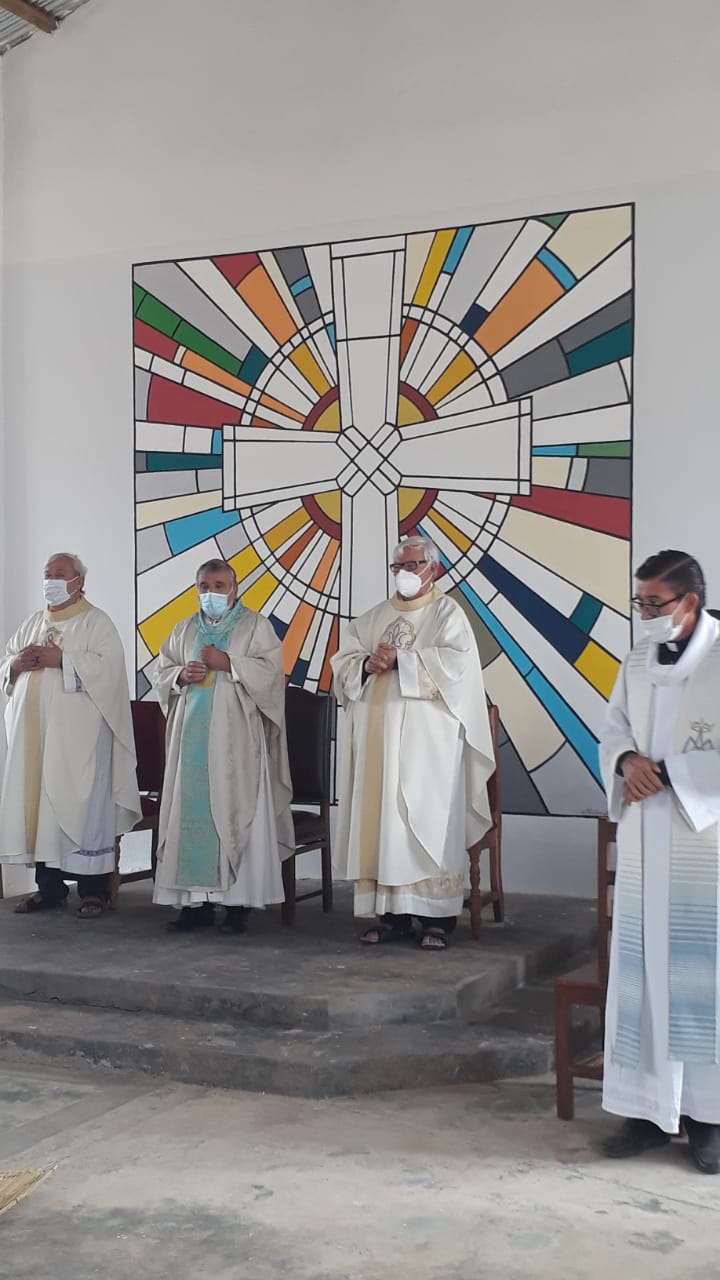

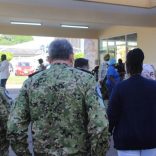







Leave a Reply
Be the First to Comment!
You must be logged in to post a comment.
You must be logged in to post a comment.